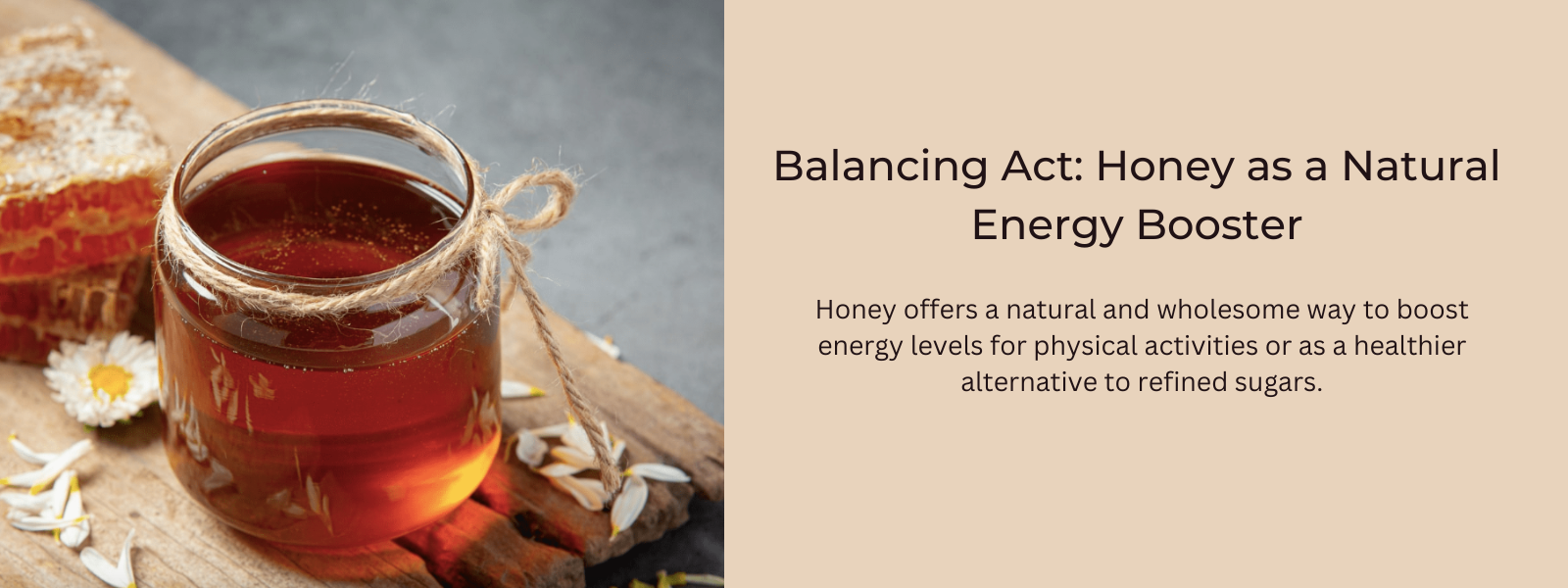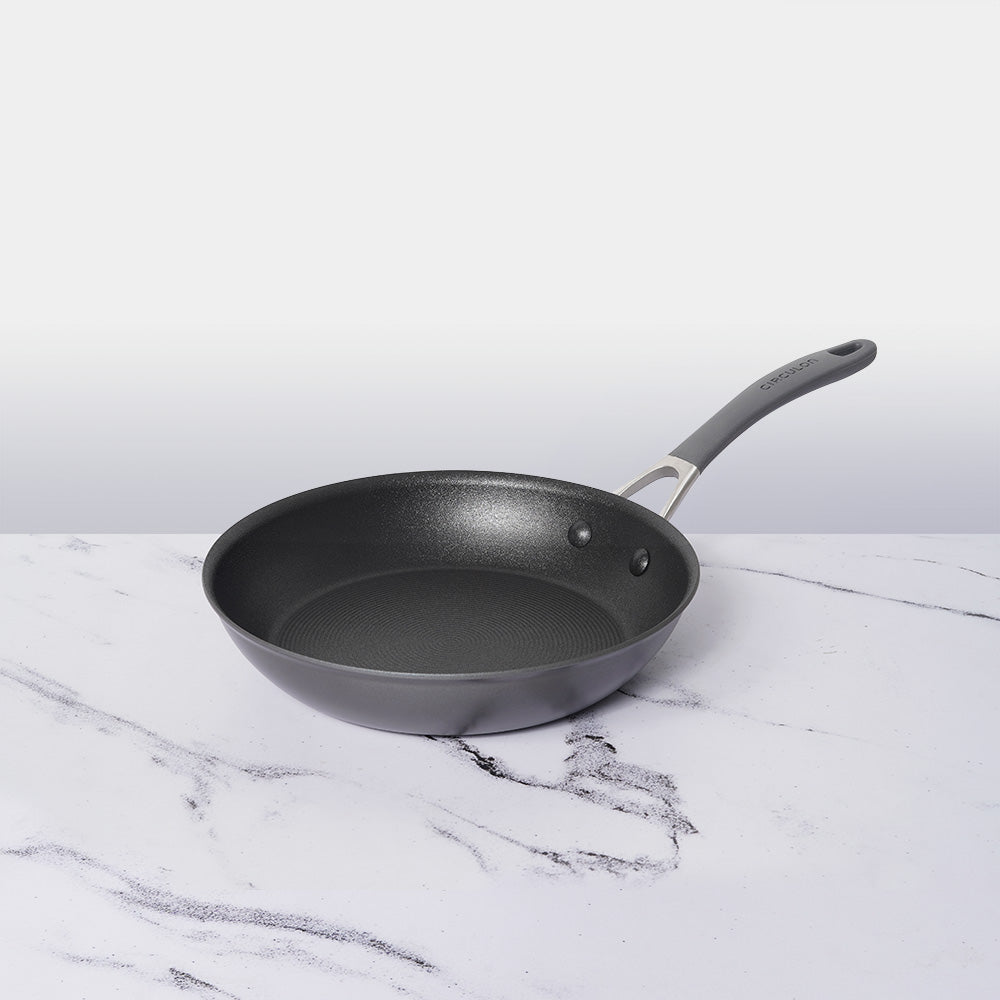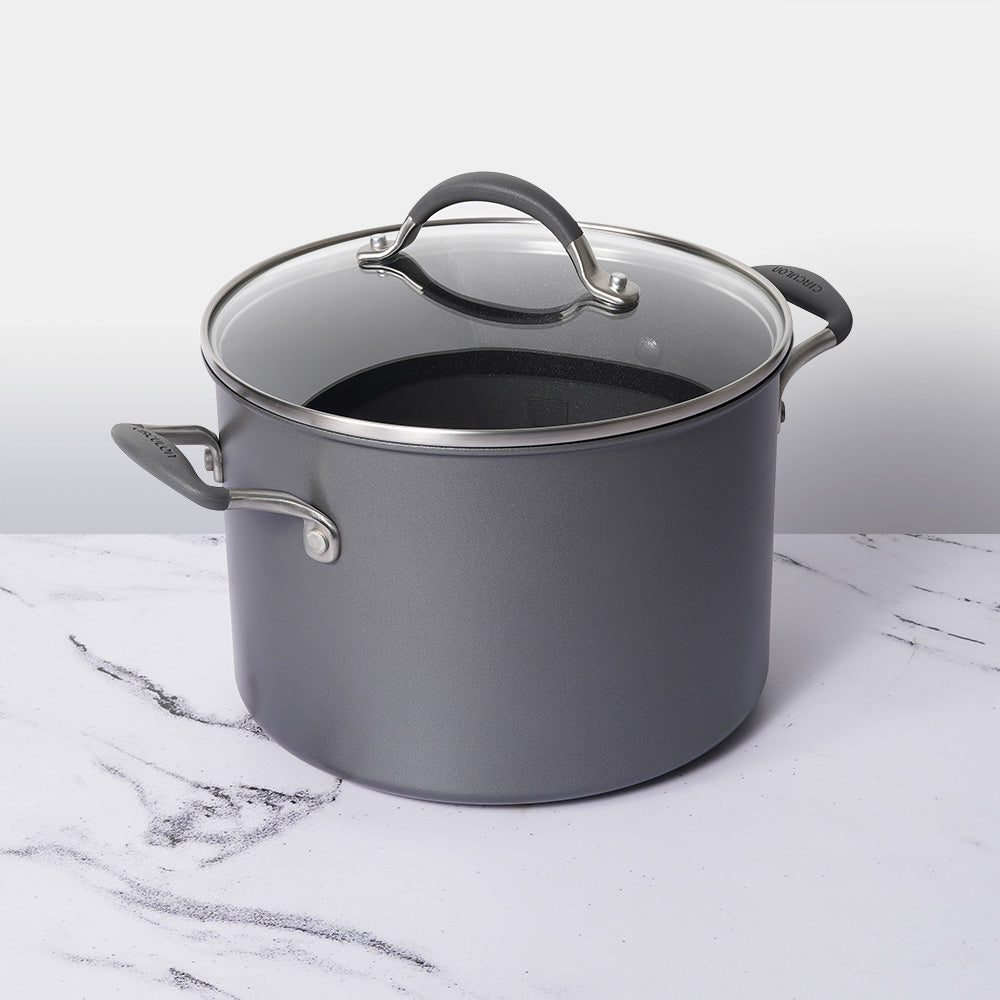Iron-rich foods are essential for boosting energy levels and preventing iron deficiency, a common nutritional concern worldwide. Incorporating a variety of iron-rich foods into your diet can help ensure an adequate intake of this vital mineral. Foods such as lean meats, poultry, fish, and shellfish are excellent sources of heme iron, which is more readily absorbed by the body. Additionally, plant-based sources like legumes, tofu, tempeh, fortified cereals, spinach, and other leafy greens provide non-heme iron, which is also important for maintaining iron levels. Consuming vitamin C-rich foods alongside iron-rich foods can enhance iron absorption, so consider pairing iron-rich foods with citrus fruits, berries, tomatoes, or bell peppers. It's important to note that certain substances like calcium, tannins in tea, and phytates in whole grains and legumes can inhibit iron absorption, so it's advisable to consume these foods separately from iron-rich sources. By incorporating a variety of iron-rich foods into your diet and being mindful of factors affecting absorption, you can support optimal energy levels and prevent iron deficiency.
Table of Contents
What Are Iron-Rich Foods?
Iron-rich foods are those that contain significant amounts of iron, an essential mineral necessary for various bodily functions, including oxygen transport, energy production, and metabolism. Here are some examples of iron-rich foods:
- Lean Meats: Beef, pork, lamb, and veal are excellent sources of heme iron, which is more easily absorbed by the body compared to non-heme iron found in plant-based foods.
- Poultry: Chicken, turkey, and duck are good sources of heme iron. Consuming the darker meat portions, such as chicken thighs or turkey legs, can provide higher iron content.
- Fish and Seafood: Certain types of fish and shellfish, such as salmon, tuna, shrimp, oysters, and mussels, are rich in heme iron. Canned sardines and anchovies with bones are also good sources of iron.
- Beans and Legumes: Legumes like lentils, chickpeas, black beans, kidney beans, and soybeans are excellent plant-based sources of iron. They also provide fiber, protein, and other essential nutrients.
- Tofu and Tempeh: Soy products like tofu and tempeh are rich sources of iron, particularly if they are fortified with iron during processing.
- Nuts and Seeds: Certain nuts and seeds contain iron, including pumpkin seeds, sesame seeds, hemp seeds, and almonds. They also provide healthy fats, protein, and micronutrients.
- Fortified Foods: Many fortified foods, such as breakfast cereals, bread, pasta, and plant-based milk alternatives (e.g., soy milk, almond milk), are enriched with iron to help increase dietary intake, particularly for individuals with dietary restrictions.
- Leafy Greens: Dark leafy greens like spinach, kale, Swiss chard, collard greens, and beet greens are rich sources of non-heme iron. While non-heme iron is less readily absorbed than heme iron, consuming these greens alongside vitamin C-rich foods can enhance absorption.
- Dried Fruits: Dried fruits such as apricots, raisins, prunes, and figs are concentrated sources of iron. They make convenient snacks and can be added to cereals, salads, or trail mixes.
- Organ Meats: Organ meats like liver, kidney, and heart are exceptionally high in iron. However, they are also high in cholesterol and should be consumed in moderation.
Importance Of Iron Rich Food:
Iron-rich foods are crucial for maintaining optimal health and well-being due to the vital role that iron plays in various physiological functions. Here are some key reasons highlighting the importance of iron-rich foods:
- Oxygen Transport: Iron is a key component of hemoglobin, a protein in red blood cells that carries oxygen from the lungs to tissues throughout the body. Adequate iron intake ensures sufficient hemoglobin production, allowing for efficient oxygen transport to cells, organs, and tissues. This is essential for sustaining energy levels, supporting metabolic processes, and promoting overall vitality.
- Energy Production: Iron is involved in the process of cellular respiration, where oxygen is used to produce energy in the form of adenosine triphosphate (ATP). Without sufficient iron, cells may not receive an adequate oxygen supply, leading to decreased energy production and fatigue. Consuming iron-rich foods helps maintain optimal energy levels and supports physical and cognitive performance.
- Immune Function: Iron plays a role in immune function by supporting the proliferation and activity of immune cells, including lymphocytes and macrophages. Iron deficiency can impair immune function, making individuals more susceptible to infections and illnesses. Adequate iron intake helps support a healthy immune response, aiding in the body's defense against pathogens and promoting overall immune health.
- Cognitive Development: Iron is important for proper brain development and function, particularly during infancy, childhood, and adolescence. Iron deficiency during these critical periods can impair cognitive development, affecting learning, memory, and attention span. Consuming iron-rich foods supports cognitive function and may help prevent developmental delays and cognitive deficits.
- Healthy Pregnancy: Iron requirements increase during pregnancy to support the growth and development of the fetus and placenta, as well as to accommodate the expansion of maternal blood volume. Iron deficiency during pregnancy can lead to maternal anemia, preterm birth, low birth weight, and developmental abnormalities in the infant. Adequate iron intake from iron-rich foods or supplements is essential for ensuring a healthy pregnancy outcome.
- Preventing Iron Deficiency Anemia: Iron deficiency is one of the most common nutritional deficiencies worldwide and can lead to iron deficiency anemia if left untreated. Iron-rich foods help prevent and treat iron deficiency anemia by replenishing iron stores and supporting red blood cell production. Symptoms of iron deficiency anemia include fatigue, weakness, pale skin, shortness of breath, and impaired cognitive function.
Iron-Rich Foods for Boosting Energy and Preventing Deficiency:
Iron-rich foods are crucial for boosting energy levels and preventing iron deficiency, a condition characterized by fatigue, weakness, and impaired cognitive function. Incorporating a variety of iron-rich foods into your diet can help ensure an adequate intake of this essential mineral. Lean meats such as beef, pork, and poultry are excellent sources of heme iron, which is more readily absorbed by the body. Seafood like shellfish, tuna, and salmon also provides heme iron along with beneficial omega-3 fatty acids. Plant-based sources of iron include legumes such as lentils, chickpeas, and beans, as well as tofu, tempeh, and fortified cereals. Leafy greens like spinach, kale, and Swiss chard are rich in non-heme iron, which can be enhanced by consuming vitamin C-rich foods like citrus fruits, strawberries, and bell peppers. Additionally, incorporating nuts, seeds, and dried fruits into your diet can further boost iron intake. By incorporating these iron-rich foods into your meals and snacks, you can support optimal energy levels and prevent iron deficiency.











Leave a comment